Technology Usage
The school has developed an Acceptable Usage Policy for using the World Wide Web and Internet. Students must complete a permission form before using any computers in the building which have access to the Internet. The Acceptable Usage Agreement & Information form will be distributed to all students to be signed and returned to the Library.
TERMS AND CONDITIONS FOR IN SCHOOL USE OF INTERNET RESOURCES
 Students use of the Internet on school computer hardware on school premises, or through school obtained accounts, both on-site and through remote connections, is governed by the policies of the Department of Education of the Diocese of Syracuse and the local school regulations.
Students use of the Internet on school computer hardware on school premises, or through school obtained accounts, both on-site and through remote connections, is governed by the policies of the Department of Education of the Diocese of Syracuse and the local school regulations.- Students use of the Internet is also governed by principles of electronic ethical use and current laws governing copyrighted materials, etc. Each user is responsible for all material sent and received under their user account.
- The use of Internet accounts is a privilege and may be revoked by the principal, Internet coordinator, teacher, or Internet Provider at any time for violations of policies.
- All telecommunications access on school computers is limited to school obtained accounts and is restricted to educational business and school related projects. Personal accounts, including email and chat rooms, on commercial services or other Internet providers may not be used in school. Student use must be supervised by the teacher, Internet coordinator or network administrator.
- An Internet use consent form must be signed by the student and parent/guardian before student use is granted. This form must be kept on file and renewed annually.
- Computers, including all information, programs, software and use privileges belong solely to the school and are subject to review and inspection at any time without suspicion or cause. The school reserves the right to inspect, copy and/or delete all files and records on school computers or accessed through school accounts.
- Privacy is to be insured at all times. Students will be instructed not to reveal their personal address or phone numbers or those of others. All communications and information accessible via the network should be assumed private property.
- Account holders/users are responsible to safeguard passwords and access protocols, and insure their account is protected from unauthorized access. Account holders will be held accountable for all activity logged on their account, regardless if they were personally the user. All users are required to adhere to the following password controls:
- Passwords shall be non-meaningful terms. Passwords should not be of a common nature such as last name, street name, etc.
- Passwords should not be displayed, divulged, accessible or shared. If there is reason to believe that a password has become known, it should be changed immediately.
- Passwords should never be written down, attached to the terminal, placed under the keyboard, or any other insecure place.
- Account holders should notify their teacher-sponsor or the teacher of the class if unauthorized access to their account is detected or suspected.
- Students use of the Internet is governed by the student behavior code as included in the Diocesan Policy Handbook, policy of the Diocese of Syracuse, and current State and Federal Laws. Access is a privilege, not a right. Access entails responsibility. Inappropriate computer behavior/use includes, but is not limited to the following:
- Sending or displaying offensive messages, pictures, or unlawful information on the Internet.
- Using impolite, abusive, or otherwise objectionable language in either public or private.
- Harassing, insulting or attacking others.
- Damaging computers, computer systems, or computer networks.
- Violating copyright laws.
- Trespassing in others’ folders, work or files.
- Intentionally wasting limited resources.
- Employing the network for commercial purposes or in ways that violate federal, state, or local laws or statutes.
Consequences of inappropriate computer use shall be:- In general, penalties for minor infractions are determined by the teacher, Internet coordinator and/or network administrator, e.g. loss of computer privileges for a period of time. A student reinstated under this provision has computer privileges only when supervision is available.
- For major infractions, or at the discretion of the principal in discussion with the teacher, student computer privileges may be revoked for the remainder of the academic year.
- Notification of parents of a student’s inappropriate computer use may be made at any time.
- When applicable, law enforcement agencies may be involved. This includes all Not Acceptable Use included in this document but not specifically stated here.
